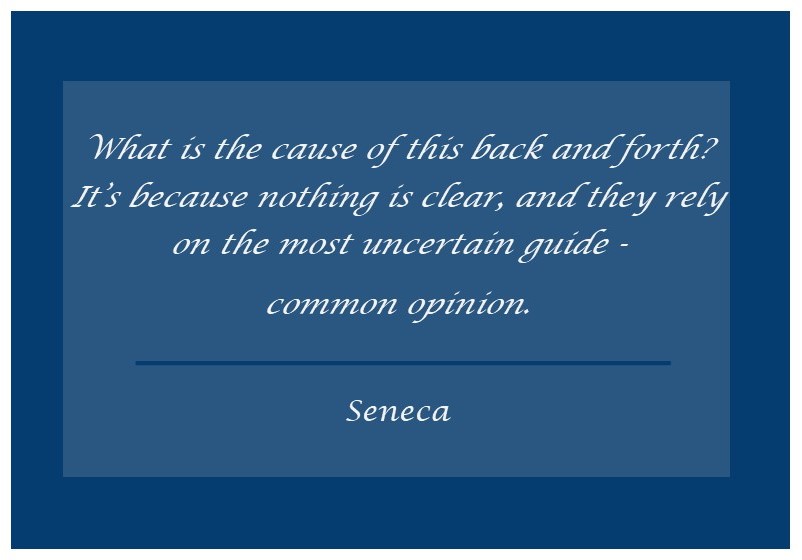We have been using publicly available pipeline accident reports to develop scenarios and exercises for use in control room management (CRM) programs and control room team training classes. There are many examples where controllers and control rooms had some involvement in accidents and the responses to the events in the accident.
When I used to lead investigations of accidents and errors, I learned that the same causes occurred again and again unless the company addressed the causes with systemic corrective actions. Often only the symptoms are addressed through “blame and train” actions.
The lessons in most accidents are transferrable to most other pipeline control rooms. Yet there seems to be reluctance to learn and a desire to forget. We see this in control room team training sessions when people say that the causes for accidents in other companies could never occur in their control rooms. They can.
This led me to recall a serious pipeline accident. After that accident, the phrase “never forget” was used in the hope that the lessons learned would be applied for operational improvements into the future. But it takes more than hope to achieve safe operations. People did not want to focus on past organizational failures. The emphasis was on the future. More recent events took precedence. The lessons were forgotten.
Seneca had something to say about this matter: What is the cause of this back and forth? It’s because nothing is clear, and they rely on the most uncertain guide – common opinion.
Common opinion occurs when everyone is “on the same page” or “singing from the same hymn book” or “toeing the party line.” It also is present when anyone who expresses a contrary opinion is ignored, censured, or disciplined. When this happens, the ones who have dissented usually join the groupthink. It is difficult to be assertive in the face of opposition.
The quote above is from Seneca’s essay about tranquility, or the Greek word euthymia. That word means “believing in yourself and trusting that you are on the right path, and not being in doubt by following the myriad footpaths of those wandering in every direction.”
A CRM plan ought to provide a clear direction and a certain guide. By this point in time, control rooms should have realistic and practical CRM plans that everyone knows and follows. Unfortunately, there are some who do not want to follow the requirements and constantly seek waivers and exceptions. They develop a common opinion related to regulatory guidance so that their control rooms do not have to be subject to items that they find difficult or hard to accomplish. Is this the right path?
Once I served on many committees. I was very organized, planned well, and was driven to complete tasks. Some of the results were less than stellar, but the common opinion was that everyone had done a great job because the project was complete, and the tasks were done. The common opinion was usually wrong and the work had to be repeated.
I came to realize that it is more important to define a meaningful purpose first and to set clear goals in order to avoid wandering in every direction and going back and forth. That is sometimes an uncommon opinion but seems to work better in the long run. Why not try Seneca’s approach to tranquility for yourself and in your work?
CRM and Philosophy | Charles Alday © 2019 Please Distribute to Others.




